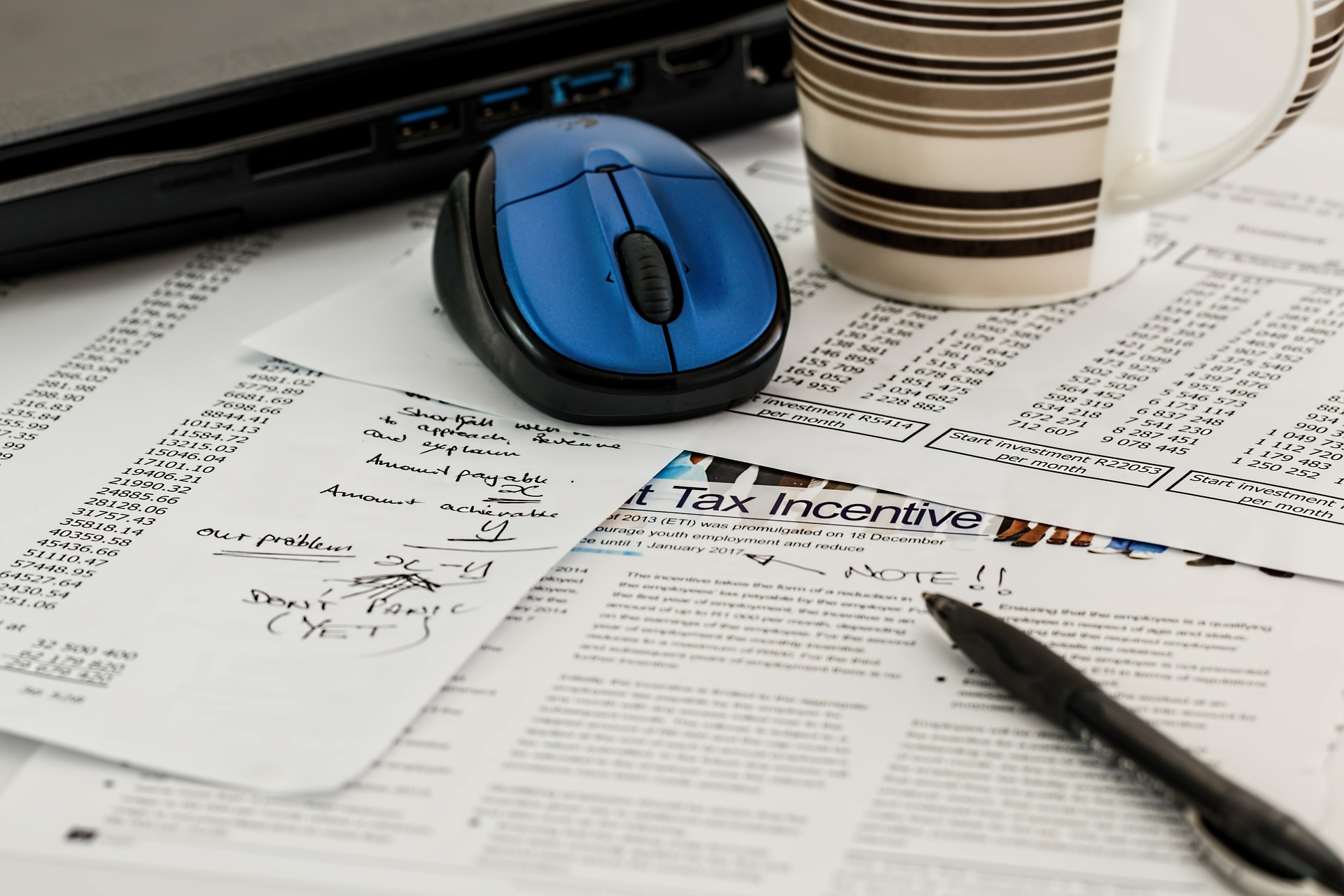Shareholder protection insurance can help steer your company through the volatility of losing a shareholder through death or critical illness.
Having shareholder protection insurance you’ll be guaranteed to have the funds in place to quickly buy back any outstanding shares in your company so you stay in control and keep the business operating.
It can also provide peace of mind to a deceased or ill shareholder’s family that they’ll receive fair value for the shares going back to the business, and is one less thing to worry about during a tragic event.
But.
Shareholder protection is like any other business expense, and you should be aware of any tax implications that you or the business might face by taking out a policy, or in the event it pays out.
Keep reading to find out the main tax considerations that come with shareholder protection insurance.
Shareholder protection as a benefit in kind
A ‘benefit in kind’ is any benefit you get from the business which isn’t included in your wages – including financial benefits.
Depending on the type of business protection you take out, it’s possible the policy could be classed as a benefit in kind.
You’d need to fill out a p11d form for this.
Classing shareholder protection as a benefit in kind is more likely if the policy premiums are paid for through the company on the shareholder’s behalf.
You need to seriously consider this if you do decide to purchase any policies through the company and register them as a business expense.
On the other hand, if the policy is taken out and paid for individually it’s not considered a benefit in kind.
Income tax liabilities and shareholder protection
There aren’t any income tax liabilities with any policy proceeds from shareholder protection insurance, and if you’re paying the premiums yourself – rather than having them paid through the business – you won’t personally benefit from any tax relief.
You will however be liable for income tax and national insurance on the value of the policy premiums.
What about capital gains tax?
Generally speaking there are no capital gains liabilities on shareholder protection insurance.
That’s because shareholder agreements state the valuation of the shares held by shareholders in the company, which is then used to work out the premium costs when a shareholder protection insurance policy is taken out.
This valuation is then used to determine the cost of buying the outgoing shares so there is technically no gains to tax.
Shareholder protection could become liable for capital gains tax if the share value increases in the time from the policy being taken out, to a claim being made and the shares sold to the remaining shareholders.
Because the shares have increased in value, they’ll then be liable for capital gains.
How about corporation tax
Shareholder protection insurance might not be liable for corporation tax if it’s taken out and paid for through the business, claimed as a business expense and then paid as a lump sum to remaining shareholders in the event of a death or critical illness.
The reason we say ‘might not’ is because individual cases need to be clarified with a local inspector of taxes prior to taking out a policy or policies.
It’s possible that the individual shareholder could become liable for income tax and national insurance payments if it’s paid for through the business.
What about inheritance tax liabilities?
This depends on how you structure your shareholder protection.
It’s possible family or a designated beneficiary of the policy could be subject to some inheritance tax liability.
But, arranging a shareholder protection policy in a trust, in the name of the surviving shareholders is a potential solution to this.
The claim proceeds to the trust would then be used by the shareholders to purchase the remaining shares, which is usually viewed as a commercial arrangement, and not liable for inheritance tax.
If you’re concerned about this particular issue you can get in touch with an expert at Rigby Financial who can guide you through the process in more detail.
Shareholder protection is a safety net for your company and family
Ultimately, taking out a shareholder protection policy provides you, your other shareholders and your family some financial peace of mind for what will already be a difficult time.
From a business standpoint, you will know your business can continue to operate without taking on debt or losing savings to purchase outgoing shares.
You can also rest assured that shares will remain within the company and not be sold to a third party.
From a personal point, your and your shareholders’ families know that they’ll receive fair market for the shares they sell back to the company.
Shareholder protection in a trust
A simple way of limiting tax liabilities on a shareholder protection policy is to set it up in trust, with remaining shareholders as the beneficiaries.
In the event a claim is made against the policy, the trust would pay out to the remaining shareholders who could then use those funds to purchase remaining shares.
Knowing where you stand with tax and shareholder protection
Ultimately, the tax liabilities you might face from shareholder protection depends on your individual circumstances and how the policy is written.
It’s important to take some professional advice to set up your policy in a way the benefits all parties in the best, fairest way possible.



 Bitcoin
Bitcoin  Ethereum
Ethereum  Tether
Tether  XRP
XRP  Solana
Solana  USDC
USDC  TRON
TRON  Lido Staked Ether
Lido Staked Ether  Cardano
Cardano  Avalanche
Avalanche  Toncoin
Toncoin